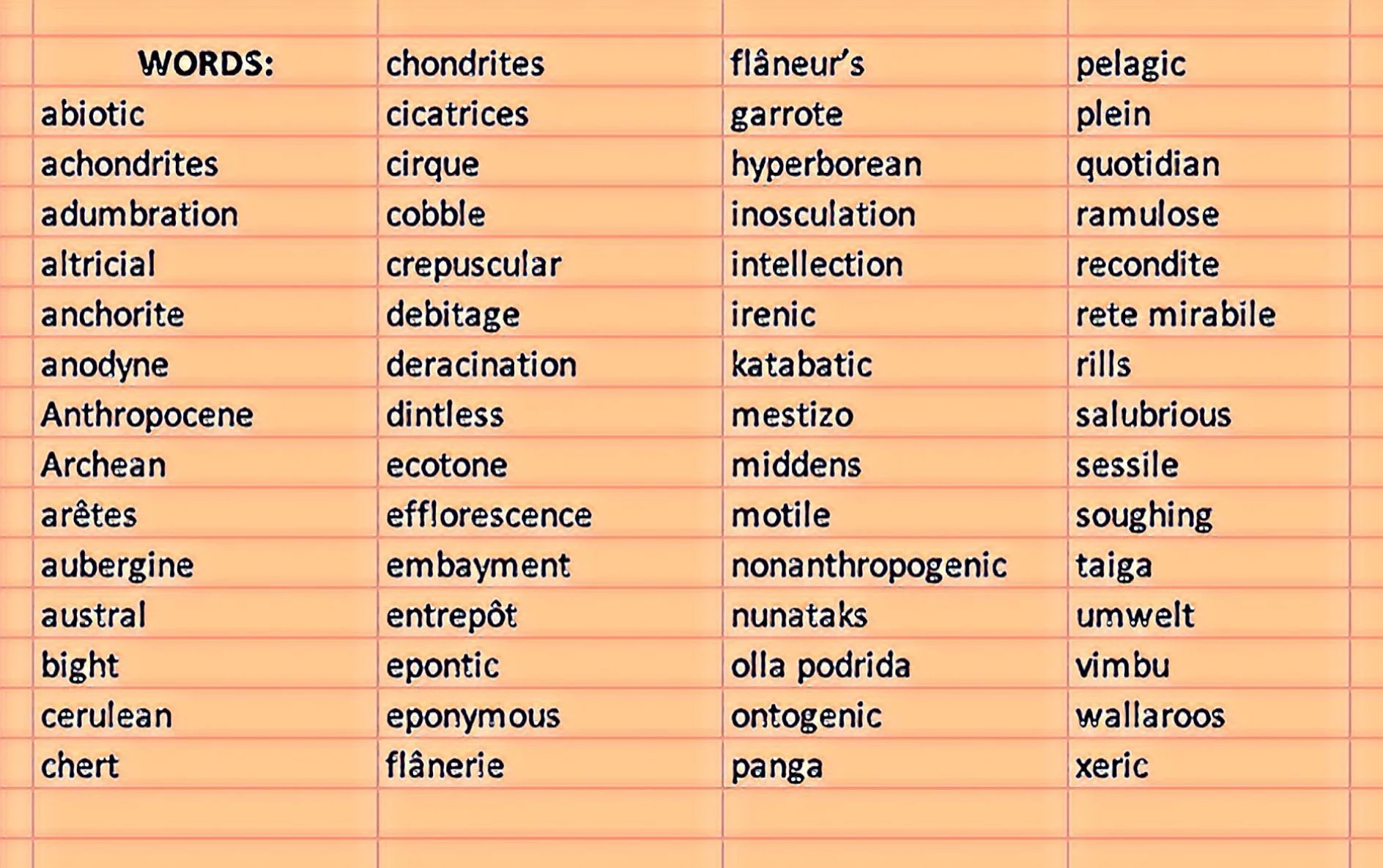George Steiner’s “Language in Silence: essays on language, literature, and the inhuman”
An introduction by Dennis D. McDonald
One of the so-called mysteries of our time is how, despite having the advantages of basic and advanced education, so many of our political leaders have embraced, for want of a better term, the “dark side.“ How could an elected governor or senator, educated at a Harvard or a Yale, be so willing to cravenly embrace and promote not just violent and hateful rhetoric but discriminatory and authoritarian actions as well?
There is more going on here than the failure of US elementary and high schools to teach “civics.” Also, seeing how so many so-called “Christians“ promote cruelty and authoritarianism, aren’t we also justified in concluding that organized religions have failed to promote a just and freedom-loving culture as well, at least here in the United States?
These are some of the issues addressed in a 1966 book I just started reading, “Language in Silence: Essays on language, literature, and the inhuman,” by George Steiner. Despite being published more than 50 years ago, the essays in this book address what Steiner sees as the connection between language and culture.
His introductory essay addresses the seeming quandary I mentioned above, the apparent disconnect we see today between our educational systems and basic civility.
Here are some indicative quotations from the introduction:
“In our own day, the high places of literacy, of philosophy, of artistic expression, became the setting for Belsen.“
Also:
“We now know that a man can read Goethe or Rilke in the evening, that he can play Bach and Schubert, and go to his day’s work at Auschwitz in the morning.“
Much of what I foresee reading in the book’s essays deal with a Western or European notion of cultural literacy as expressed in written and spoken languages and displayed in artifacts such as literature and traditional journalism. Much has changed since Steiner wrote these essays. Literacy has changed along with how we communicate individually and as a society.
Still, I expect that much of what I will be reading here will still ring true. Perhaps these essays will help illuminate the connection between how we communicate and the rising embrace of authoritarianism here in the United States.
Copyright © 2023 by Dennis D. McDonald
Addenda
Comments and questions about individual chapters in the above book:
Humane Literacy (1963)
to be written
The Retreat from the Word (1961)
to be written
Silence and the Poet (1966))
to be written






























